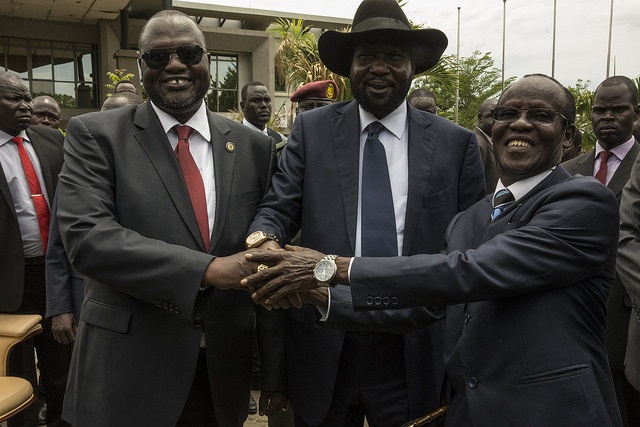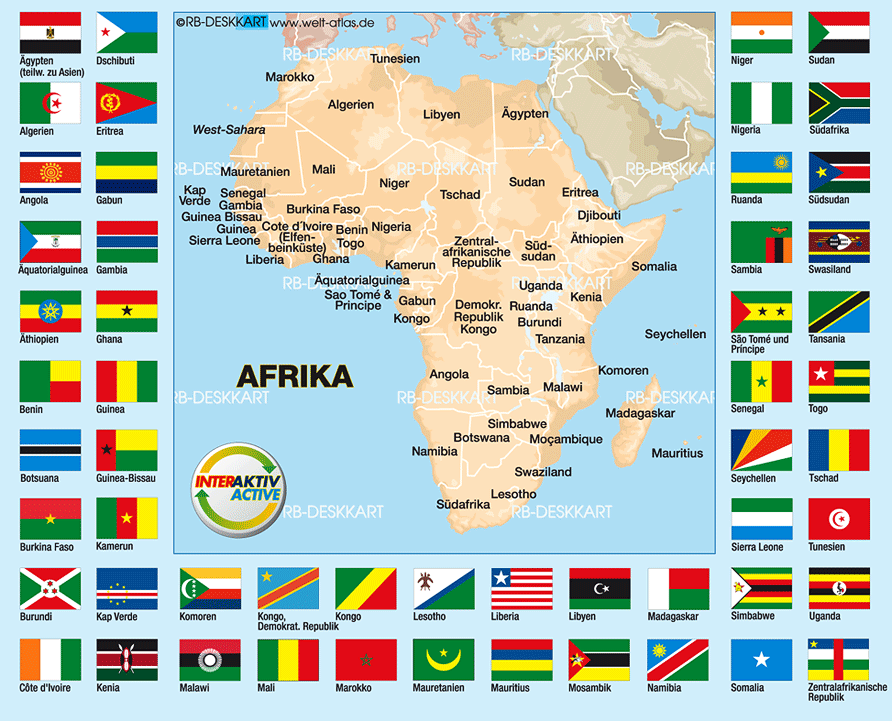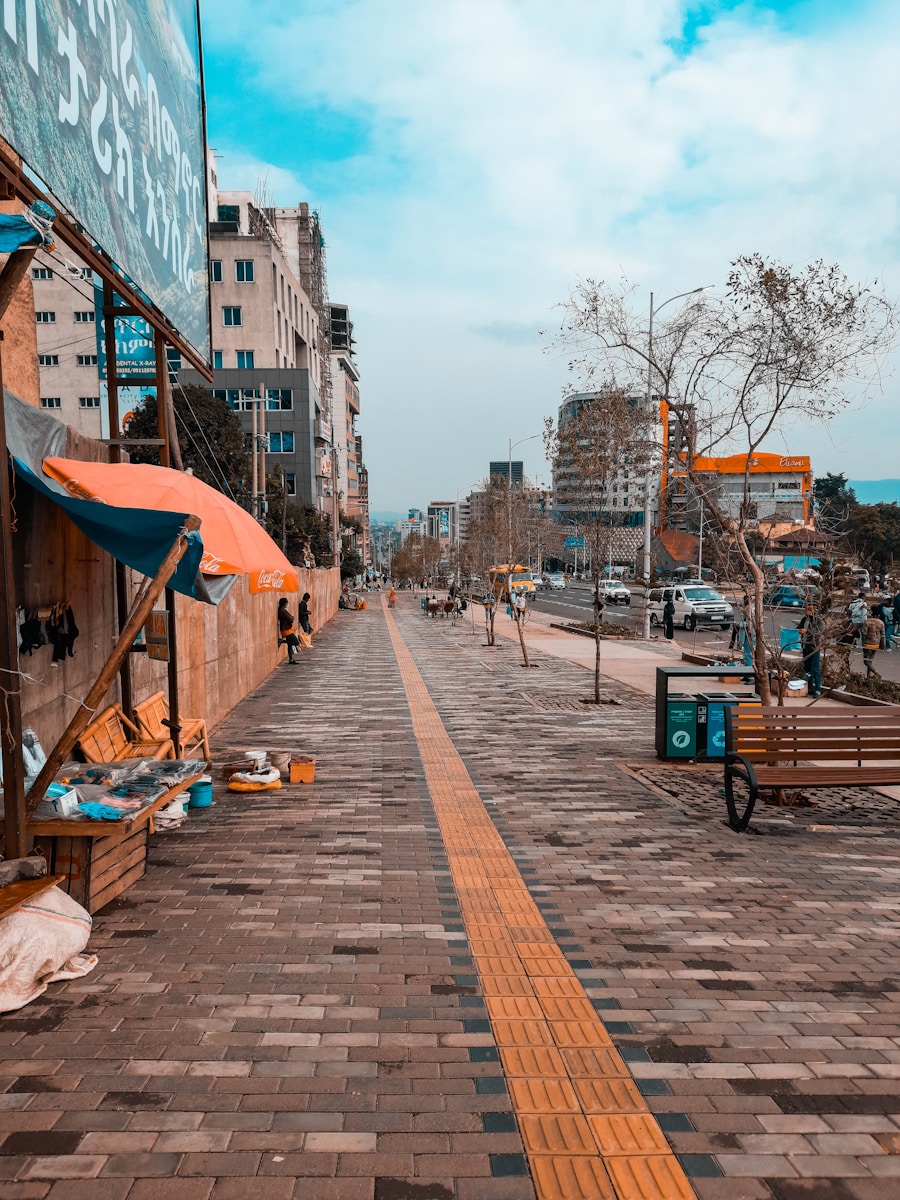The global health community stands at a crossroads. Years of progress, partnerships, and programs—much of it driven by U.S. leadership—are now facing an uncertain future. With steep reductions in U.S. government funding, global health efforts have been shaken, and institutions around the world are grappling with instability and a sense of abandonment.
For decades, global health was a central pillar of U.S. foreign policy. Through substantial investments that once totaled around $12 billion annually, Washington’s commitment gave rise to flagship initiatives and disease-specific programs that saved millions of lives. But under an “America First” foreign policy shift, priorities have changed. The once-prominent global health division within the State Department has been downsized and restructured, leaving vital partnerships in limbo.
The Roots of the Crisis: Over-Reliance and Uneven Power
Much of today’s fragility in global health stems from a historical dependency on American funding. The birth of the modern global health model can be traced to the global HIV/AIDS crisis. In 2003, the U.S. launched the President’s Emergency Plan for AIDS Relief (PEPFAR), a groundbreaking initiative that became the largest bilateral effort in history to address a single disease.
While PEPFAR transformed health outcomes across Africa, reducing mortality and bolstering care delivery, it also positioned African health systems in a posture of long-term dependency. Funds flowed largely through U.S. academic institutions and contractors, sidelining local ownership and fostering asymmetrical relationships that would prove unsustainable in the long run.
Global financial crises, such as the one in 2008, began to chip away at this model. Though discussions about domestic health financing and local capacity-building intensified, the dependency model persisted. Even after COVID-19 exposed cracks in health security, many African nations continued to rely on external support to manage disease outbreaks, procure vaccines, and maintain essential services.
Populism and Pandemic Politics: A Changed U.S. Landscape
The COVID-19 pandemic introduced new pressures. In the U.S., public health became deeply politicized. To many Americans, global health efforts seemed distant and elitist—an abstraction disconnected from their lived reality. The national debate framed public health as a threat to economic freedoms, eroding public trust and undermining support for international engagement.
Calls to “vaccinate the world” or lead global pandemic response were drowned out by economic anxiety, pharmaceutical monopolies, and growing skepticism toward multilateralism. As domestic priorities took precedence, global health lost its political appeal. The once bipartisan consensus around funding foreign health initiatives gave way to partisan divide, leaving critical programs underfunded and uncertain.
A Fork in the Road: Decline or Reinvention?
While the current retreat is sobering, it also offers a rare opportunity—a chance to rethink how global health is structured, who leads it, and how it can become more resilient to political shifts. The future of global health cannot rest on the shoulders of a single country, no matter how powerful. A new era must be built around decentralization, shared responsibility, and long-term sustainability.
Five Principles for Rebuilding Global Health Better
- Local Leadership First: It’s time to move beyond token inclusion and invest in health systems that are led by those closest to the challenges. Funding must be channeled through national institutions, not just foreign contractors.
- Diversify Funding Sources: Global health financing must draw from a broader pool—regional development banks, philanthropic alliances, and national budgets. Overreliance on any single donor makes systems fragile.
- Strengthen Health Sovereignty: Countries must be empowered to define their own health agendas. This includes increasing domestic investments, setting priorities, and holding partners accountable for aligning with national plans.
- Bridge Health and Economy: Public health should be framed not as a cost, but as a foundation for economic development. Healthy populations drive productivity, resilience, and growth.
- Future-Proof with Education: A new generation of global health professionals must be trained with an eye toward justice, equity, and collaboration. Their role will be to rebuild trust and innovation across borders.
Why Optimism Remains
Despite the grim budgetary headlines, the next generation of global health professionals offers hope. Their vision is broader than disease response—it includes equity, climate justice, gender equality, and economic empowerment. They are not bound by the politics of the past and are eager to build cross-continental partnerships that respect dignity and agency.
Already, new models of South-South collaboration are emerging. African countries are leading vaccine manufacturing efforts, regional disease surveillance systems are being developed, and health ministers are asserting their voices in global forums with increasing confidence.
The Moral Imperative
The world cannot afford to retreat from global health. The next pandemic is not a question of if, but when. And the interconnectedness of our economies, travel networks, and climate vulnerabilities makes isolationist policies both unrealistic and dangerous. Global health must evolve into a shared enterprise—one that is inclusive, equitable, and insulated from short-term political agendas.
The U.S. may be stepping back, but this is a moment for others to step forward—whether it’s the African Union, emerging donors from Asia and Latin America, or civil society movements that are shaping bottom-up solutions. The resilience of global health depends on this collective ownership.
Conclusion: From Dependency to Empowerment
The withdrawal of U.S. support from global health programs has revealed just how vulnerable the field had become to political winds. But it also opens the door for long-overdue reforms. The global health community must seize this moment to build systems that are rooted in fairness, shared power, and long-term thinking.
Young professionals, activists, and policy leaders around the world now have a chance to reshape the architecture of global health—so it no longer swings on the pendulum of a single nation’s politics, but stands strong as a global promise to protect the health and dignity of all.
for more news visit our website africaciviclens.com




